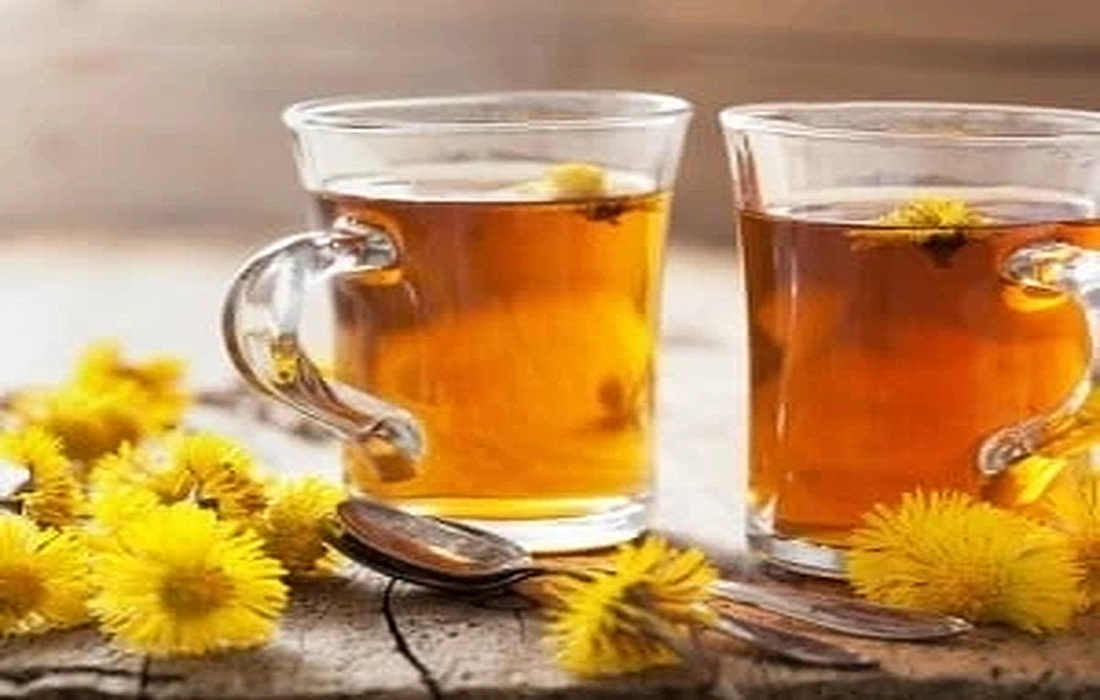Effects of Different Types of Tea on Heart Health
As part of a healthy diet for the heart, your doctor ornutrition specialistmay suggest drinking tea, which has good reasons. Soothing and fragrant tea certainly ranks high among foods and drinks that offer countless benefits for the mind and body.
The caffeine content in tea compared tocoffeeis noticeably higher, of courseCaffeinecontent in a cup of tea varies depending on the type, brand, processing method, and brewing time.
Through chemical analysis of the caffeine levels in teas brewed for 5 minutes, it has been found thatwhite tea34 milligrams,green tea39 milligrams, andblack teacontains 51 milligrams of caffeine per cup.
When it comes to health, the type of tea you drink is just as important as any medication you might take. You should also consider individual sensitivity to caffeine. Overall, as previously mentioned in the health and wellness section,SelMagzstates that the best types of tea are those made from the Camellia sinensis plant, including black, white, green, and oolong teas. According to cardiologists, one of the benefits of teas is their ability to help reduceblood pressure.
Black tea: Both beneficial and potentially harmful for the heart
The dark color of black tea is due to its high level of oxidation. The caffeine content in black tea is about half that of a cup of coffee, making it generally good for heart health. Studies show that people who drink three cups of black tea daily tend to have about 36% lower triglyceride levels and 17% better cholesterol levels.
However, it’s important to note that black tea also contains some caffeine, which can be problematic for individuals withhigh blood pressureorrapid heart rateand may worsen their condition.
Stimulants can cause heart arrhythmias in some patients. If drinking any tea causesheart palpitationsor increases your heart rate, you should stop consuming it and consult your doctor. If you are on blood thinners like warfarin, be cautious, as black tea mayreduce blood clottingand increase the risk of bruising and bleeding.

Green Tea: Less Fat
Drinking green tea is effective forheart health. Its leaves do not undergo oxidation. Clinical studies on green tea consumption show that it helpsreduce cholesteroland triglycerides, and also lowers the risk of heart diseases and death fromheart attackorstroke.The powerful antioxidants in green tea can prevent atherosclerosis and plaque buildup in arteries, boost metabolism, and help maintain a healthy weight. Additionally, green tea improves the function of endothelial cells in blood vessels.White Tea: Good for Circulation
White tea is made from young tea buds and is only minimally processed, making it probably the purest tea. The benefits of white tea include blood thinning, lowering blood pressure, helping to dilate blood vessels, and reducing bad cholesterol, thus protecting not only your heart but your entire circulatory system.

If you are taking blood thinners like warfarin, Plavix, or have a sensitivity to caffeine, consult your doctor before drinking white tea. White tea contains caffeine, which can increase your heart rate or raise the risk of high blood pressure.
Oolong Tea: Cholesterol Reduction
Oolong tea is made from chopped tea leaves that are oxidized for a while and then briefly heated. It may help lower cholesterol levels in patients with coronary artery disease, although more research is needed to confirm this. Studies on animals show that oolong reduces triglycerides and food intake, but there is still limited information on its heart health effects.

If you plan to drink oolong, consult your doctor, especially if you are on blood thinners.
Chamomile Tea: Sleep Enhancer
Although herbal teas are not made from the traditional tea plant, they still offer health benefits. These teas are good for heart health. Drinking a warm cup of chamomile tea before bed can lead to a better quality sleep.
If you have coronary problems or are taking medications such as
aspirinorwarfarin (Coumadin),
consult your doctor before drinkingchamomile teaas it may increase the risk of internal bleeding.Ginseng Tea: Natural Blood ThinnerAlthough ginseng has not been officially evaluated by the FDA, drinking it may help strengthen your heart. Studies show that

ginseng
can relax blood vessels, reduce blood pressure, thicken blood, and possibly improve blood cholesterol levels. You can replace a sugary sweet tea with a cup of ginseng tea to enjoy its benefits and help reduce excess sugar intake.Fatty Plant: Dangerous When Combined with Heart MedicationsYou might have heard that fatty plant can help treat symptoms ofdepressionbut if you have heart issues, be cautious about drinking this tea. If you are on blood thinners, heart medications for heart failure, have a stent, or atrial fibrillation, drinking this plant tea is not recommended.
In any case, if you plan to use fatty plant tea for depression, always consult your doctor.
Impact of Tea on the Heart
Benefits and Risks of Black Tea for HeartGreen TeaEffects of Green Tea on the Heart
Beneficial Tea for the Heart







